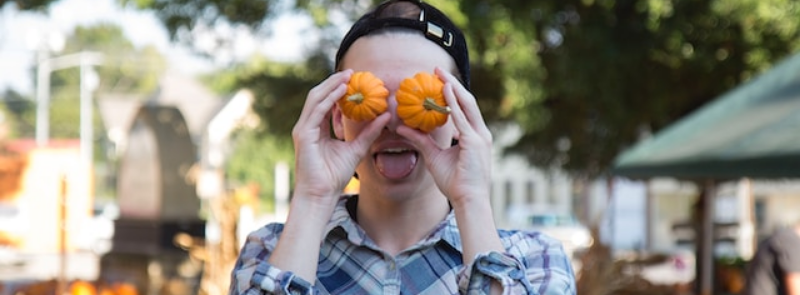
When It Occurs
Every July 1st
Timeline
Days Passed (967)
# Hashtags
#InternationalJokeDay #HumorAndLaughter
July 1st annually marks the celebration of International Joke Day, a light-hearted occasion dedicated to promoting the sharing of jokes and laughter, fostering stronger connections with loved ones. This unofficial holiday also signifies the midpoint of the Gregorian calendar year. On this day, individuals are encouraged to share their funniest jokes, creating moments of joy for themselves and those around them.
Moreover, International Joke Day offers a unique chance to incorporate a global, cross-cultural dimension into educational settings. Students can explore jokes from various parts of the world, facilitating comparisons with their own preferences and cultivating a broader understanding of humor.
Origins and Purpose
- Inception: The International Joke Day has been celebrated for several years as a way to promote humor and laughter.
- Purpose: The primary purposes of International Joke Day are to:
- Encourage people to share jokes and laughter with friends, family, and colleagues.
- Highlight the benefits of humor and laughter for mental health and well-being.
- Foster a sense of community and joy through the universal language of jokes.
Celebrations and Activities
- Sharing Jokes: People celebrate by sharing their favorite jokes with others, whether in person, over the phone, or through social media platforms using hashtags like #InternationalJokeDay.
- Comedy Events: Comedy clubs, theaters, and online platforms may host special comedy shows, stand-up performances, or open mic nights to bring laughter to audiences.
- Social Media Campaigns: Social media users participate by posting jokes, funny videos, and memes to spread joy and humor across the internet.
- Workplace Humor: Offices and workplaces might organize joke-telling sessions, funny email chains, or light-hearted competitions to bring some fun into the work environment.
- Family and Friends Gatherings: Families and friends can come together for joke-telling sessions, game nights with humor-themed games, or watching funny movies and TV shows.
Benefits of Humor and Laughter
- Mental Health: Laughter can reduce stress, anxiety, and depression. It triggers the release of endorphins, the body's natural feel-good chemicals.
- Physical Health: Laughing boosts the immune system, lowers blood pressure, and improves heart health by increasing blood flow and oxygen intake.
- Social Bonding: Sharing jokes and laughter strengthens relationships, fosters social bonds, and enhances communication among people.
- Cognitive Function: Humor stimulates both sides of the brain, enhancing learning, creativity, and problem-solving skills.
- Emotional Well-Being: Laughter provides a natural break from negative emotions, promoting a positive outlook and emotional resilience.
Types of Jokes
- Puns: Play on words that exploit multiple meanings or similar-sounding words for a humorous effect.
- One-liners: Short, witty jokes that deliver a punchline in a single line.
- Knock-Knock Jokes: A call-and-response format often involving a pun or wordplay.
- Anecdotes: Funny, often personal, stories shared for humorous effect.
- Observational Humor: Jokes that comment on everyday life and common experiences in a funny way.
Example Jokes
- Pun: "I'm reading a book on anti-gravity. It's impossible to put down!"
- One-liner: "I told my wife she was drawing her eyebrows too high. She looked surprised."
- Knock-Knock Joke:
- "Knock, knock."
- "Who's there?"
- "Lettuce."
- "Lettuce who?"
- "Lettuce in, it's freezing out here!"
Conclusion
International Joke Day is a day to celebrate the power of humor and the joy that jokes bring to our lives. By sharing laughter, we can improve our mental and physical well-being, strengthen social connections, and brighten our days. So, embrace the spirit of International Joke Day by telling your favorite jokes, attending comedy events, and spreading laughter wherever you go. After all, laughter truly is the best medicine.


